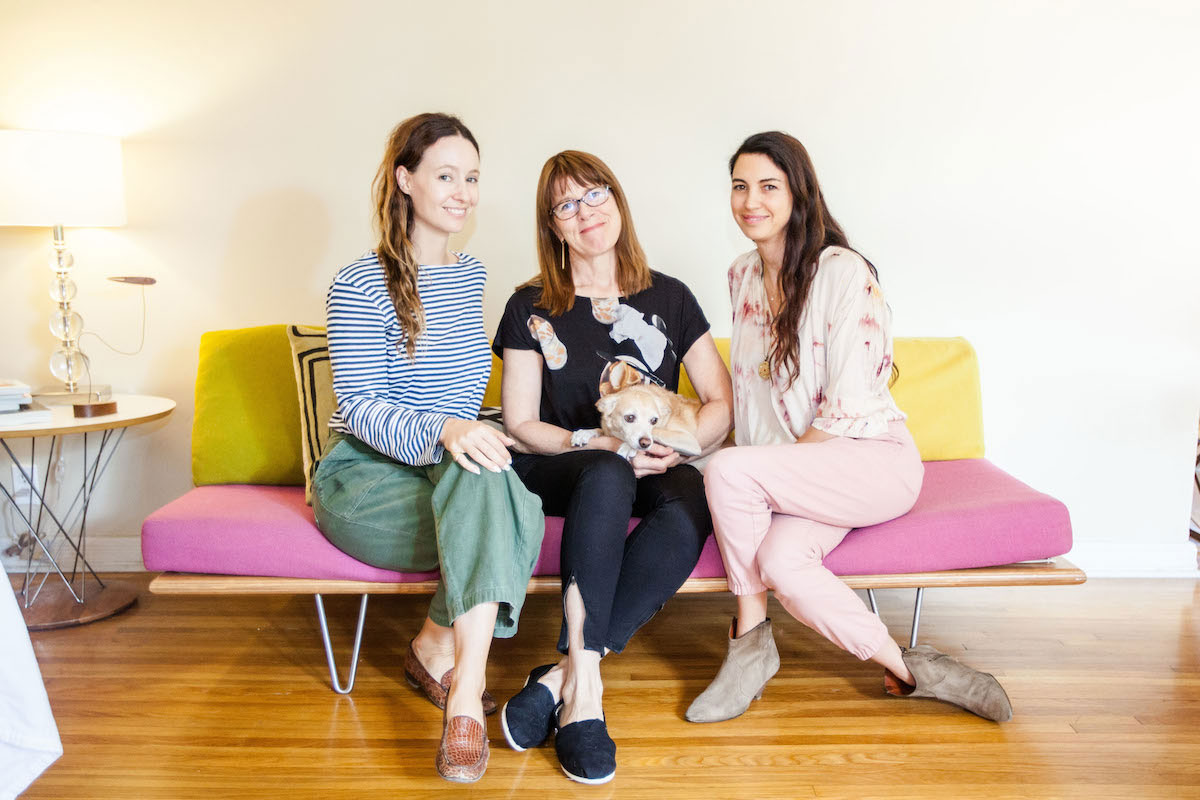Natural Remedies: Aromatherapy with Hope Gillerman
Translation missing: en.blogs.article.author_on_date_html
Wellness
Natural Remedies: Aromatherapy with Hope Gillerman
February 16, 2016

As a long-time believer in the power of aromatherapy, I’ve been searching for a way to learn more about it – with so many oils and blends out there, it can be a bit intimidating. Because it is so specific, what I was really hoping to find was someone who could provide a guide to all the different oils and their uses. I asked my friend Shiva, who I knew would lead me in the right direction, and she suggested that we meet with holistic healer (and the woman behind the amazing line of oils that I featured yesterday) Hope Gillerman. Having just moved from NYC to LA, Hope was kind enough to invite us over to learn more. It was a wonderful afternoon – she shared her journey in aromatherapy, walked us through her product line, and provided amazing bodywork sessions for both of us.
A former choreographer, Hope was introduced to the power of essential oils after friends recommended that she see an aromatic healer (as well as implement The Alexander Technique) for her chronic and debilitating back pain. With the help of this combination, her sciatica went away completely. But it wasn’t until she was introduced to aromatherapy in Chinese medicine that she made the decision to immerse herself in the practice. It was hearing about the dynamics of Qi in relation to essential oils – a concept that synched perfectly with her understanding of Qi as a bodyworker and dancer – that prompted her to begin her studies.
Now with over thirty years of work in helping people resolve mind/body issues, Hope is a wealth of great information. And for those looking for the same type of comprehensive overview, I recommend her Essential Oils Deck, a set of cards that is the perfect guide/encyclopedia to oils and their uses. Some of the takeaways from our session:
– Any advice in regards to essential oils is a generalization; because they are incredibly complex, highly concentrated chemical substances, everyone’s system reacts differently to them. Even though there are generally understood truisms – peppermint, for example, is not typically ideal for sleep – some people find the opposite to be true.
– Essential oils are all antioxidants, and all detoxifying. They enter the body through your lungs and soft tissue of your skin and remain there for 4-5 hours. When they flush out (usually through the kidneys, sometimes the lung) they take toxins with them, making their use like washing yourself from the inside.
– All essential oils are also anti-bacterial and anti-viral, with some of them being stronger than others.
– Hope recommends using only organic oils (even if just a trace of toxin left in the oil, it still means it has been grown in a distorted way).
– Hope cautioned that we be wary of beauty products that tout the inclusion of essential oils. Often these products contain a very small amount of essential oil, augmented with synthetic fragrance and toxins.
– If using a diffuser for sleep, use it to prep your bedroom (a great time is the wind-down time before you go to sleep) rather than all night long. Essential oils are a stimulant to the brain, and just as someone having a loud conversation or wearing a strong perfume would wake you up, so too would the use of oils. A sleep blend should ideally be a very simple combination of oils (maybe 3) and should not be going all night long.
– And lastly, rather than using cleaning products with harmful fragrance or additives, look to essential oils (pine is a great example). Hope shared that if an oil has been sitting in the house for more than a year, the likelihood is that its therapeutic properties have pretty much evaporated. So, a great use is to simply add to water or your natural cleaning product for a safe and fragrant alternative. XXJKE